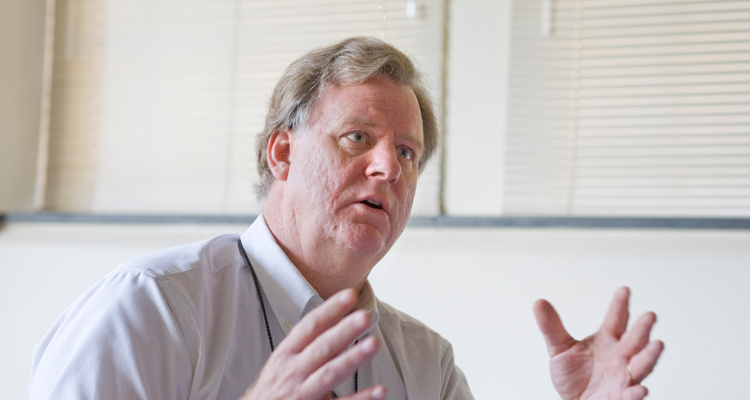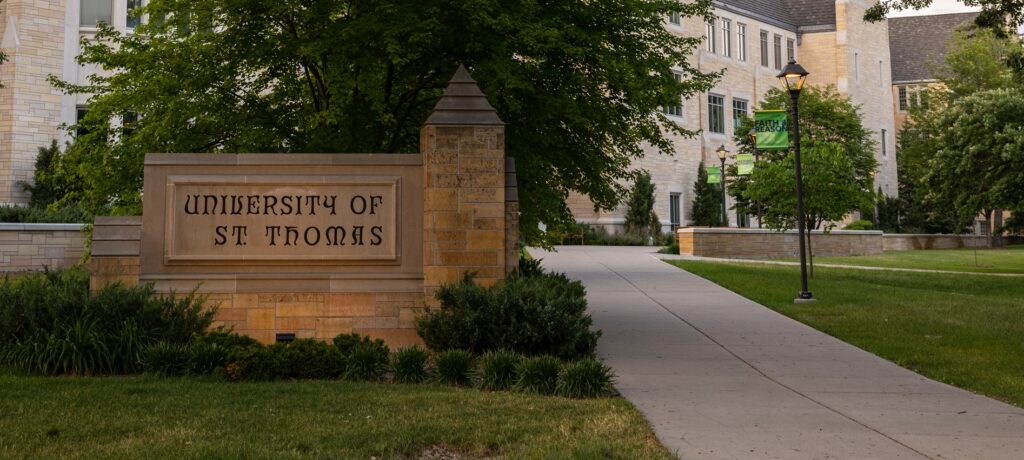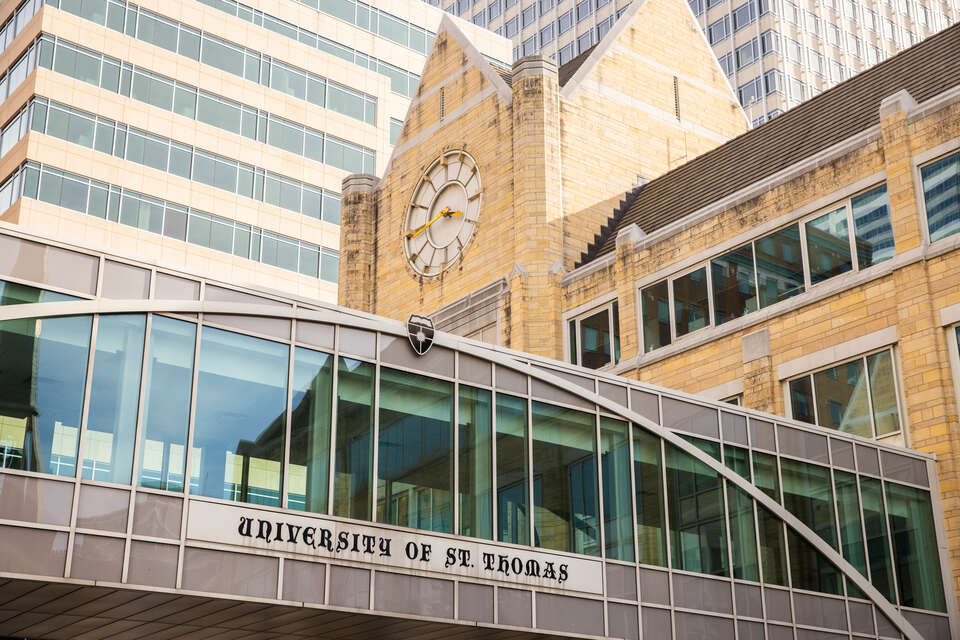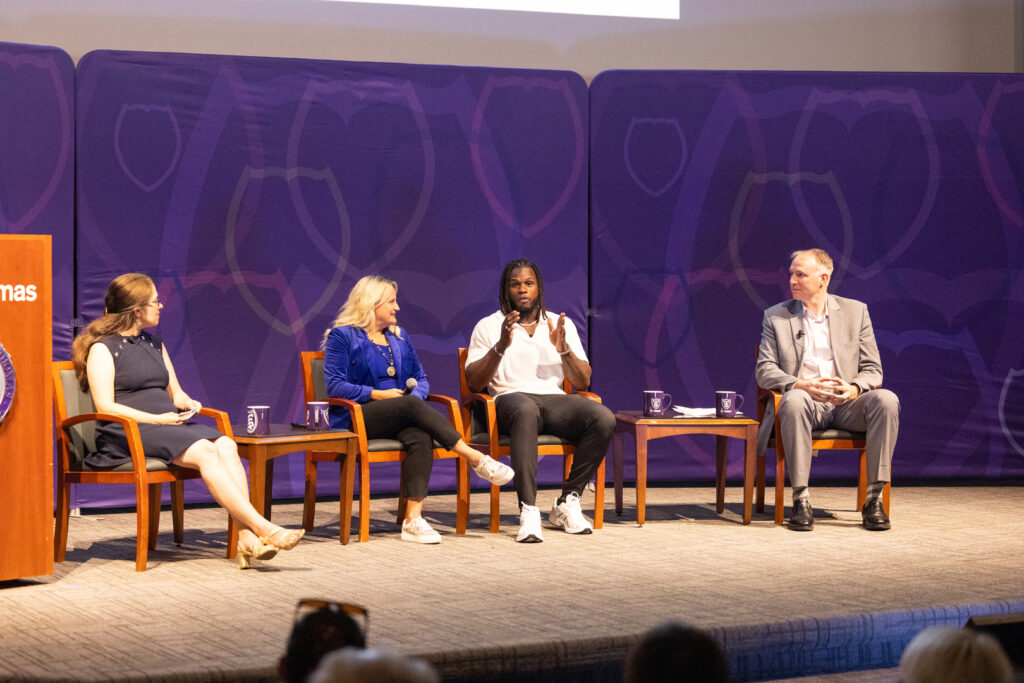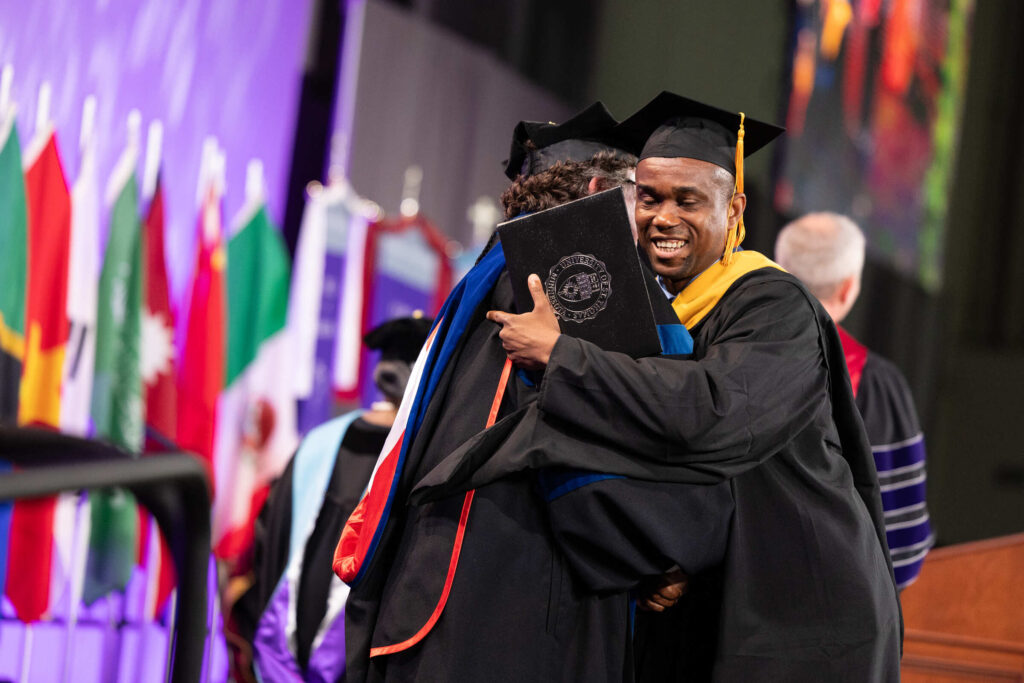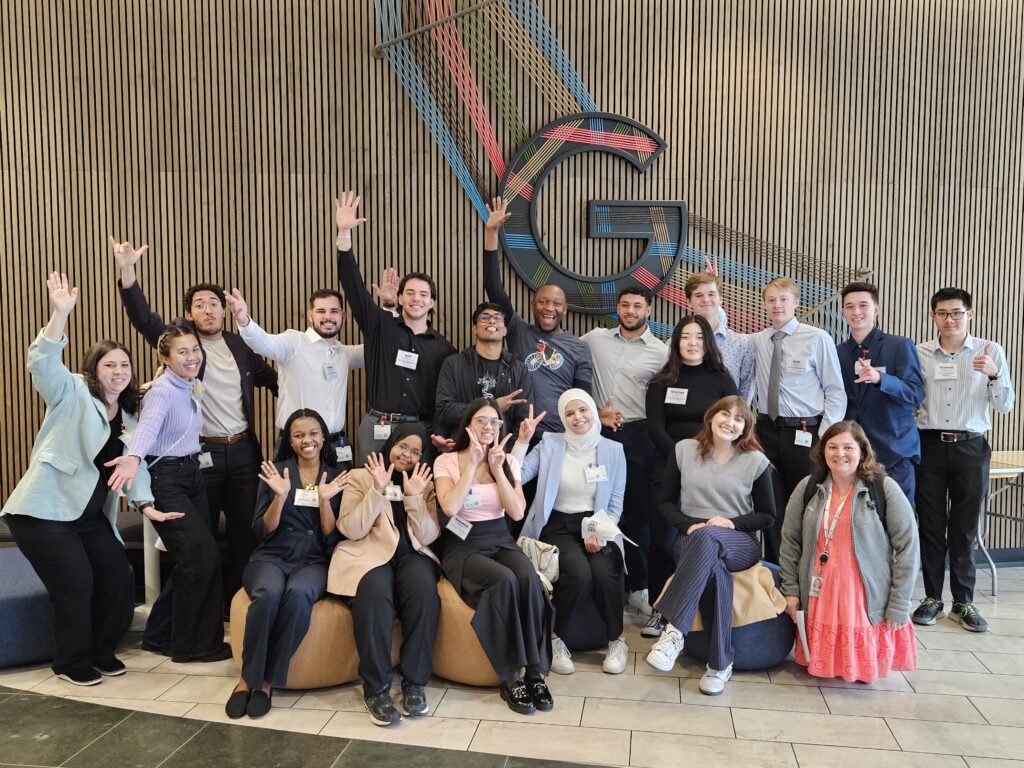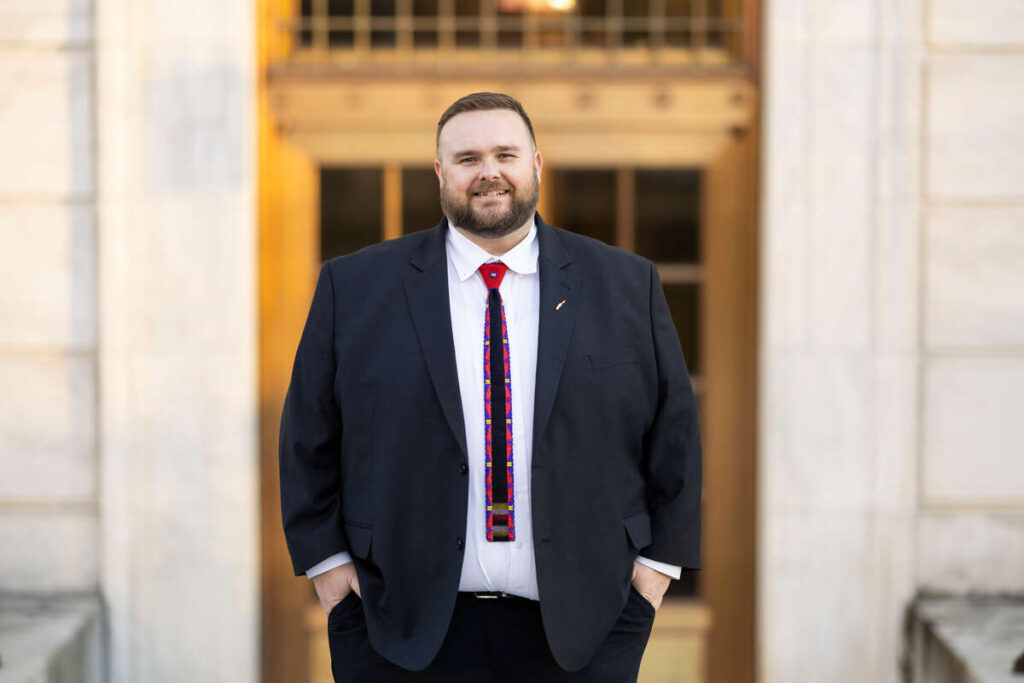I was 19 years old and sitting in a classroom in Vancouver Community College when the professor said something that would alter my life, though I could not have said that at the time and he would never know how far reaching his comments would be. Father Jim Roberts, a Catholic priest, was teaching an introduction on Western religions when he mentioned that Christians had persecuted Jews throughout many centuries. I was startled by this. I might not have known much about the history of Christianity at that time, but I did know that Jesus and all his apostles were Jewish. I also knew, growing up as a Mennonite, that Christians were supposed to be peaceable people, so why would they persecute anyone?
I went to talk to Father Roberts and told him that I wanted to know more about the history of Jewish-Christian relations, much more, and could he recommend a university for me where I could continue my study. He suggested that I apply to St. Michael’s College at the University of Toronto, and I did just that. My studies at St. Michael’s launched both my course of academic study and my entry into the Catholic Church. As I studied I realized that my interests were in the origins and early development of Christianity and its relationship with Judaism. How did Christianity begin? How did a Jewish movement begin to separate from Judaism? How did Christianity grow and develop? How did Christianity and Judaism continue to interact? The deeper I went into the academic study of the early church and Judaism the more I was drawn to the Catholic Church and felt called to enter the church, which I did in 2000.
I completed my degree at the University of Toronto, and to continue my studies I attended the graduate programs at McMaster University, which had a renowned program in “Judaism and Christianity in the Greco-Roman World.” I began to focus my attention on the interactions among Jews, Christians and Greco-Roman paganism, and this research took me to Germany and Israel. This interest has never left me, and while I concentrated initially on the understanding of “law” among these communities, today I study how Jews, Christians and pagans understood childhood, and how they treated children in the ancient world. The idea came to me when teaching at the University of Winnipeg, where my colleague Mark Golden had written a book about children and childhood in classical Greece. I read his book and had a simple question: Did Christianity change ancient perceptions of childhood and how children were treated?
I quickly learned that little research had been done on this issue and when I arrived at St. Thomas I teamed with Cornelia Horn, a new colleague at the time, and we began to study early Christian literature to determine all of the ways in which children appeared in early Christian texts. One of the fascinating findings that came about was the reality that the Jews and Christians of the ancient world were the first people to challenge the use of children sexually and even coined a term, which means “sexual abuse.” Our book, Let the Little Children Come to Me: Children and Childhood in Early Christianity (Washington, D.C: Catholic University Press, 2009), opened the doors for a flood of new books, conferences and articles in this area. I have continued to do research in this area, with one article published in 2009 called “Do Not Sexually Abuse Children: The Sexual Ethics of Early Christianity” and another soon to be published called “I Renounce the Sexual Abuse of Boys: Renegotiating the Boundaries of Sexual Behavior in Late Antiquity by Jews and Christians,” presented first in May 2012 in Rome.
It is important to me in my research and teaching to connect my fellow scholars and students to ancient peoples as real people, not simply academic constructs, to open up the world so that they can connect to the ideas and ways of life that continue to shape us today. Since the Bible is not just an ancient artifact, but a document that continues to guide the church and individual Christians, it is important for me to let my students encounter the Scripture in their own lives and to make the world come alive for them.
My most recent adventure has been to become the Scripture columnist for America Magazine, a weekly Jesuit journal that is more than 100 years old and has a circulation of 48,000 worldwide. I write on the Lectionary readings each week. In some ways, this is the fruit of my academic studies and my Christian life as I bring to bear all of my expertise on Scripture and interpretation to try to open up the Bible for all Catholics, whether they are students, professors, priests or lay people. I supplement this with my blog, Bible Junkies, in which I try to bring biblical scholarship at a high level for free to those who are interested. I am currently finishing my second “online commentary” for the Web. In dialoguing with an interested audience of all sorts, Catholics, other Christians, those with other religions or no religions, I have been amazed at the interest readers have shown. At this point, my main readership comes from the United States, but, surprisingly, the next largest readership comes from China, then Rus- sia and Ukraine. My interest in the intersection of ancient cultures and worldviews has led me to my own dialogue with cultures and peoples all over the world.
John Martens is associate professor of theology in the College of Arts and Sciences.
From Exemplars, a publication of the Grants and Research Office.
